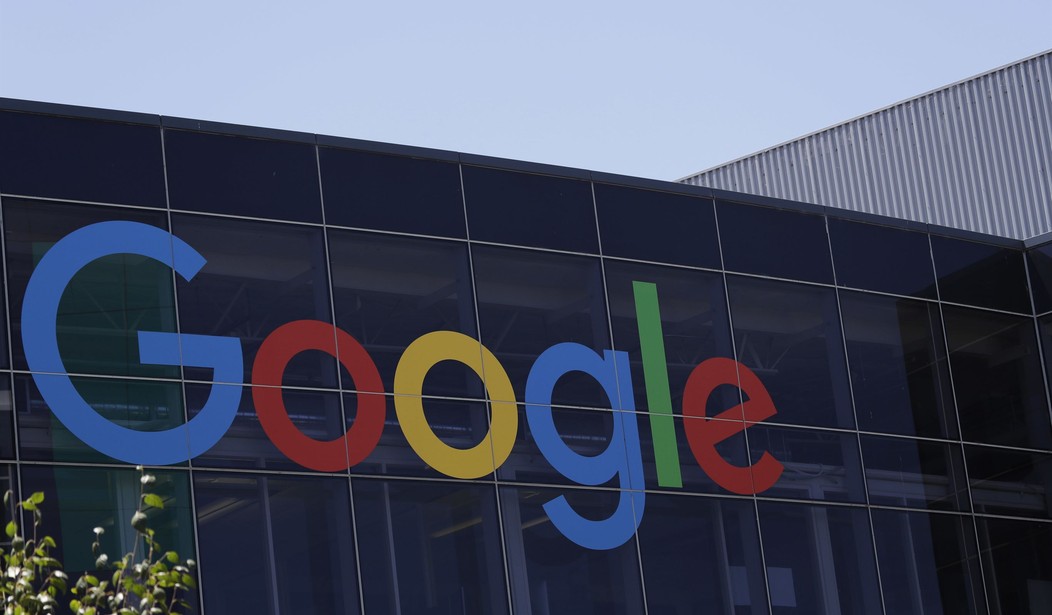How nice it must be to not be bound by the truth. The activist group Center for Countering Digital Hate (CCDH) – more like the Center for Creating Digital Hate – issued a report recently that is full of amazingly deceitful, hateful content attacking the great work of pregnancy help organizations and demanding that Google not allow them to advertise.
Under the guise of a mission seeking to “counter hate and discrimination,” CCDH’s purpose is actually to target issues they disagree with and create propaganda to bully tech companies to silence and censor those opposing viewpoints. In this case, pro-life pregnancy help.
This is nothing new unfortunately. In 2021, CCDH demanded that Google disallow advertising for abortion pill reversal, a safe and effective way for women who regret their chemical abortion decision to try and save their pregnancies with progesterone. Statistics from the Abortion Pill Rescue Network show that more than 4,500 lives have been saved through the reversal process. Yet, the then-fledgling CCDH manipulated tech giant Google to censor life-saving information from women searching online for help saving their pregnancies.
While CCDH’s words are shallow, their influence runs deep among pro-abortion media. Within 24 hours of their latest hit piece being published, 10 national and international news media outlets had reported on their “findings.” All with incredibly similar headlines pulling keywords from the article which labels life-affirming pregnancy help organizations as “fake clinics.” This loaded phrase, designed to invoke feelings of hate and mistrust, was used 198 times within their just 9,800-word report.
Recommended
To be fair, this is a marketing strategy; but an unethical method used to bully companies into doing what CCDH wants. They send an embargoed report to news media as it’s about to be published. Reporters then reach out to Google (or the targeted company) asking them why they allow pregnancy centers to advertise on their platform. When numerous people from media outlets with influence start calling at the same time with the same questions, it becomes a question for the targeted company to determine if it is worth the hassle created by the media attention, similar to a boycott. In this case, it is a form of intimidation to pressure Google to halt any and all pregnancy help advertising that might help women make a choice other than an abortion they don’t really want.
Never mind the fact that the pregnancy help organizations are doing nothing wrong in their ads. They are communicating the services they offer using the tools that Google provides, so when a woman searches for help with her pregnancy, she sees more than just an abortion clinic in her community.
Upon a full dissection of the report, CCDH fails to properly identify any instance where a pro-life marketing company did anything unethical or improper.
What the companies did do was teach their customers best marketing practices while following and adapting to Google’s rules and parameters.
The report faults the pro-life marketing companies for designing websites and materials for their target audience — young women. If these marketing companies weren’t doing this, they would not have any customers because they would be ineffective. So, in essence, CCDH is calling out marketing companies for being good marketers.
CCDH even goes so far as to claim without evidence that — even though Google requires that pregnancy help organizations carry a disclaimer stating they do not provide abortion — women are still confused by the ads. This shows how little respect they have for women.
Perhaps CCDH should learn more about women rather than assume that when facing unexpected pregnancies they only want the option of abortion. If anything, CCDH’s report identifies how complex this issue is.
Abortion is not a black-and-white choice for women, but one that lives in the gray, which is why more information for those looking to make a decision is a good thing. Women deserve to have access to as much information as possible when making a life-altering choice.
Rather than allow organizations that address pregnancy options to operate fairly, CCDH prefers to censor and silence all options not to their liking. In this case, tipping the scales to ensure the only pregnancy option a woman sees on Google is abortion.
The fact of the matter is abortion is a very serious and personal decision. Women deserve to have access to all the information and facts surrounding such a life-changing decision. The Center for Countering Digital Hate wants to hide those facts from women so that abortion is the only option they think they have.
Andrea Trudden is Vice President of Communications & Marketing at Heartbeat International
























Join the conversation as a VIP Member